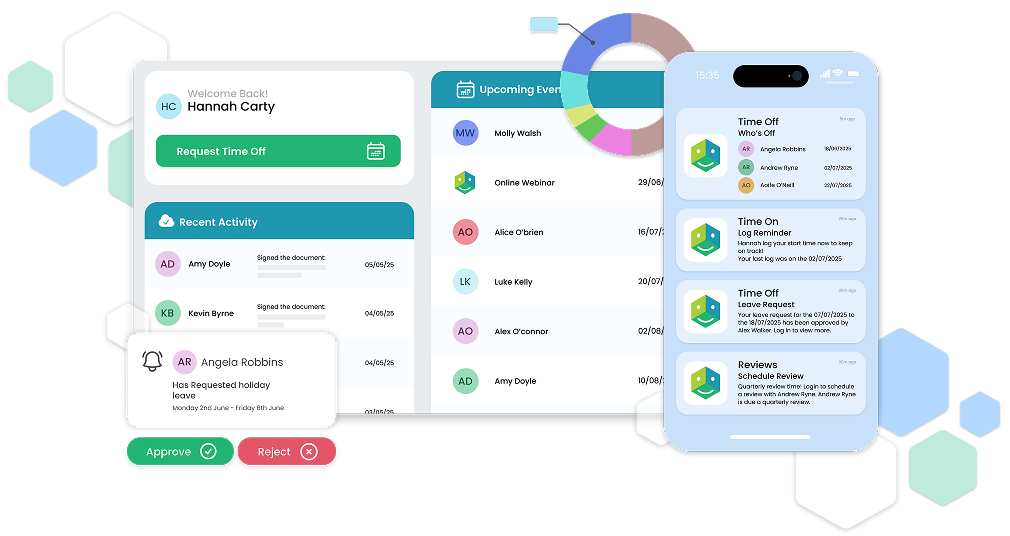Many organisations think putting money and time into Human Resources is a luxury, so don’t necessarily give HR its full value.
They think HR is something 'nice to have' when the company reaches a larger number of employees or when they are better established. They may feel the need to wait until there is buy-in from all the staff and company stakeholders before implementing change. Whether we agree with this or not, it is what many businesses think.
In some companies, HR may not be prioritised or given a seat at the top table. This can make working in a forward-facing way difficult. When your company thinks like this, you, as a professional, are fighting an uphill battle.
Are Human Resources Important For Your Business?
Kyle Smith of Forbes Magazine said, “It’s time for companies to fire their Human Resources Departments”. This is a scary yet vital warning of a rapidly approaching future where many HR tasks will be automated.
At HRLocker, we believe the opposite of this. We believe that effective use of HR when coupled with good technology can change a company and the way it does business. So why is it so contentious? Why is HR effort not held in higher regard? Here are our thoughts... It is common to find employees and owners of many small to medium-sized companies who view HR efforts purely as administration and compliance, echoing the sentiment of the Forbes article, which says: “at most, HR is a necessary evil”.
If you, in any way, think like that, shame on you! Nowadays, if you are working in a good, progressive organisation, it is only a matter of time before you get found out. If you are kept busy merely administering documents, let’s face the facts! You will be replaced by software or a bot sooner rather than later.
If this is the case, we as HR professionals need to change this perception.
In this digital age, it is easy and cost-effective to automate administrative and compliance tasks, such as timesheets, holiday and absence management, and organising and ensuring that training and CPD are completed.
Progressive organisations only want people to have one job at work. What do I mean by that? A brilliant organisational psychologist, Robert Kegan, wrote in his and Lisa Laskow Lahey’s must-read book, “An Everyone Culture,” that many people have two jobs at work: the first is doing their job, and the second is hiding what they can’t or don’t want to do.
Imagine if you went to your Boss and said, “I can automate many of our administrative functions associated with managing, hiring our people and also keep us compliant. I can make everyone’s job easier and more enjoyable and cut our recruitment costs by 70% and I can have this implemented within one week.” Do you think they would listen?
If this has piqued your interest, click on the link below and take 5 minutes to see what it would save you. This way, you can approach the impending change proactively and make it your own.










